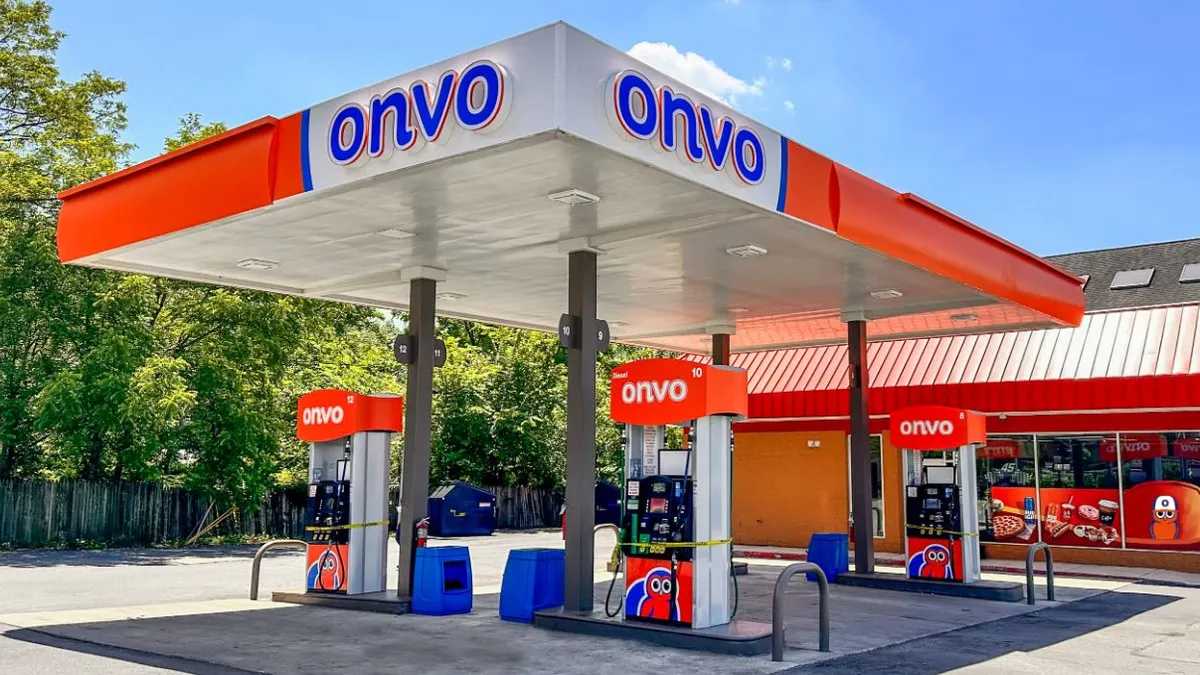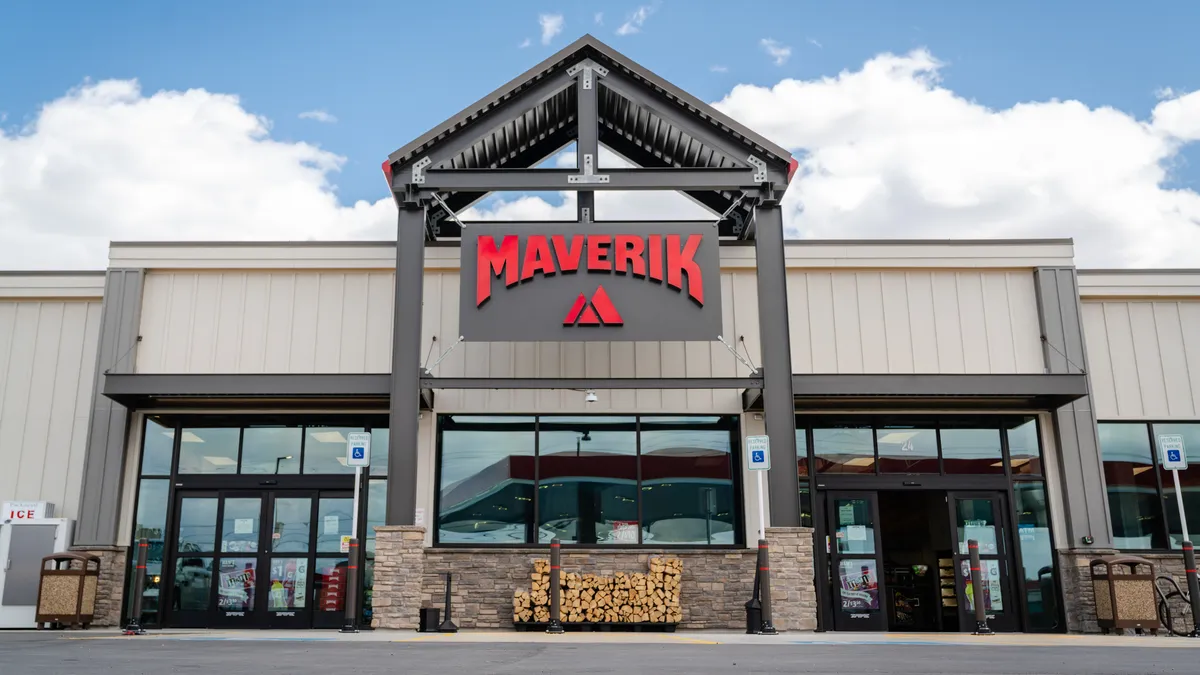After struggling to prepare a speech he’s supposed to give at an upcoming employee awards banquet, Scott Smith used artificial intelligence chatbot ChatGPT to write it for him. After submitting the speech for review, company leadership loved it.
“They all came back and said, ‘Wow, that was one of the most thoughtfully written pieces about an employee that we’ve ever read,’” Smith, director of information technology for Parker’s Kitchens, said during a recent roundtable discussion hosted by Convenience Technology Vision Group. “And I came back and I was like, ‘Well, I didn’t write it.’”
Automation is increasingly becoming a priority investment as retailers look to simplify their employee and customer experience, whether through floor-scrubbing robots, digital scheduling platforms or other tech-driven programs. But with only 34% of retail employees saying their workplace technology exceeds expectations according to experience management company Qualtrics, there’s still plenty of room to grow.
During the roundtable, executives from large and small c-store retailers discussed the opportunities and challenges that technology, data collection, AI and machine learning present. Here’s what they had to say.
Set schedules like fantasy football
Helping frontline employees do their jobs was the most mentioned use of automation during the roundtable.
Participants discussed if AI and machine learning can examine store security camera footage and help assign tasks that need to be done based on what it sees. For instance, if there’s a spill or if a foodservice employee isn’t wearing their headgear, AI can catch those and direct employees to fix as needed.
“Artificial intelligence can sort through all that and just say, these are the top three things you need to do," said Robert Hampton, vice president of technology services and innovation for Jacksons Food Stores. “And maybe put them in a list or have them show up on an iPad or something in the store which says… ‘you need to address that.’”
Hampton expressed concern over scheduling shifts as c-stores increasingly use the gig worker economy. He noted that implementing a digital system where it’s easy to move names in and out of a roster — similar to a fantasy sports mobile app — could be more beneficial than doing so by hand.
“Why can’t I just drag and drop the shifts on the schedule just like I can my lineup in fantasy football?” Hampton asked.
Some retailers are tapping into this type of technology. Alimentation Couche-Tard, parent company of Circle K, uses a mobile-based application that lets workers sign up for shifts, said Janeth Falcon, vice president of North America technology for Couche-Tard. Managers can even input the type of skills needed to work specific shifts so workers are aware of what they’re signing up for.
“It’s worked well for us because the reality is we are facing challenges with labor, and this gives us an additional group of workers that can work the different shifts for us and even segment it by tasks,” Falcon said.
Hampton emphasized that programs, such as Couche-Tard’s, will be necessary moving forward to engage with younger employees at c-stores, since they’ve grown up in this era of technology. “We’ve got to [make sure] that we’re catering to them and that we make it a place that’s easy for them to come to want to work,” he said.
Take your time with the investment
Before implementing any sort of automation technology, retailers need to consider whether or not it’s the right type of investment for their business, since companies of different sizes have different levels of resources to work with, said Mike Templeton, director of digital guest experience at Casey’s General Stores.
At the same time, however, Templeton noted that even smaller operators eventually will have to tap into these technologies to remain afloat. “At some point, at some level, if you don’t have it, the customer can easily go somewhere that does,” he said.
Some retailers think the industry needs to slow its roll on automation.
Sorin Hilgen, chief digital officer and in-country chief information officer for EG Group, said there’s currently more hype than understanding when it comes to AI and machine learning, and that the industry's adoption of these will take time.
“I think we’re already thinking about the sci-fi levels of AI, which we’re nowhere near,” Hilgen said. “But I think if we have very directed and very focused tasks or exercises, little by little, we’ll get to that point.”
After seeing ChatGPT not only write his speech but imprint it with personal touches based on the honored employee’s history and job description, Smith realized that AI doesn’t need to replace certain elements of a c-store’s operations. It just needs to assist, he noted.
“I’m curious to see what it does in the future for our customers,” Smith said.



















